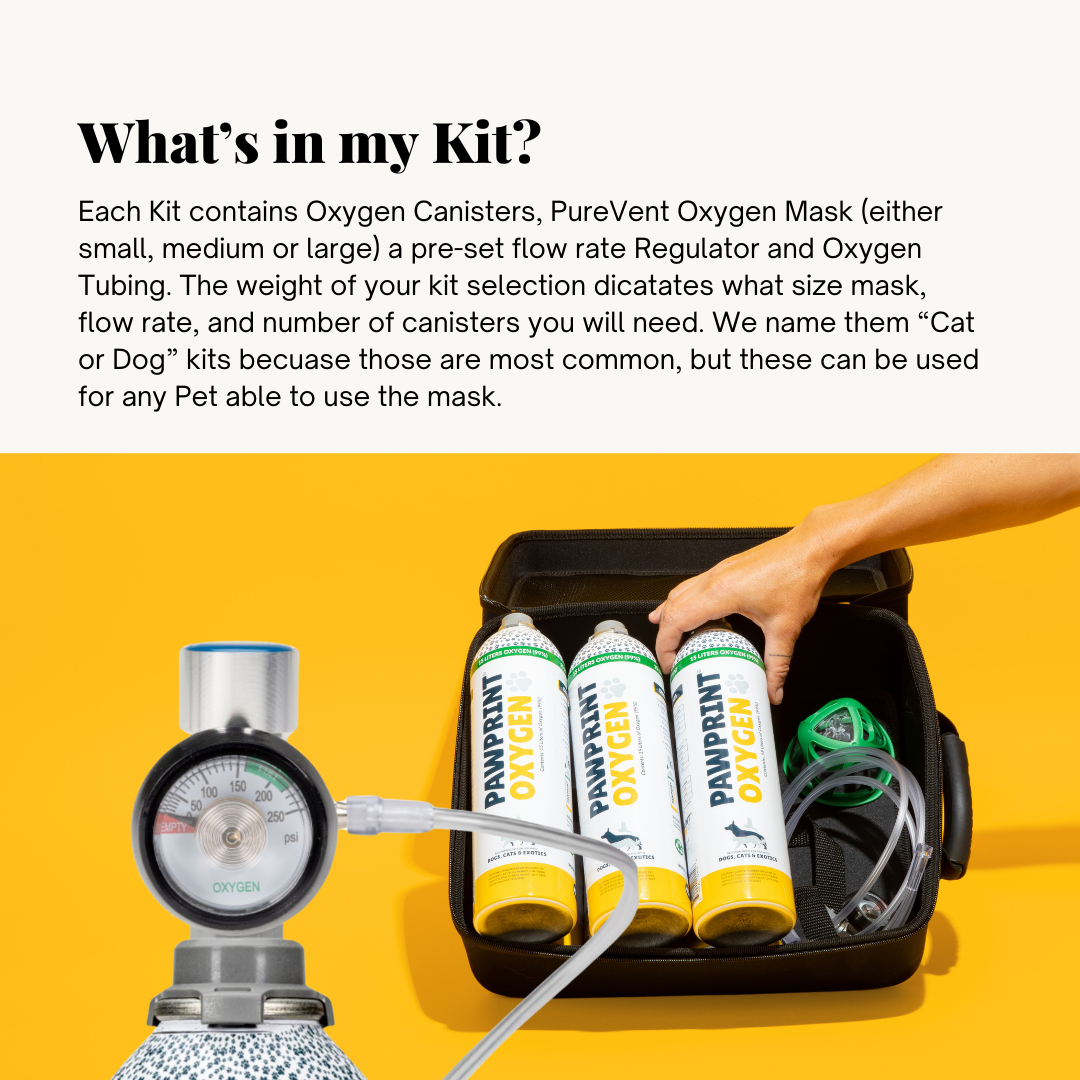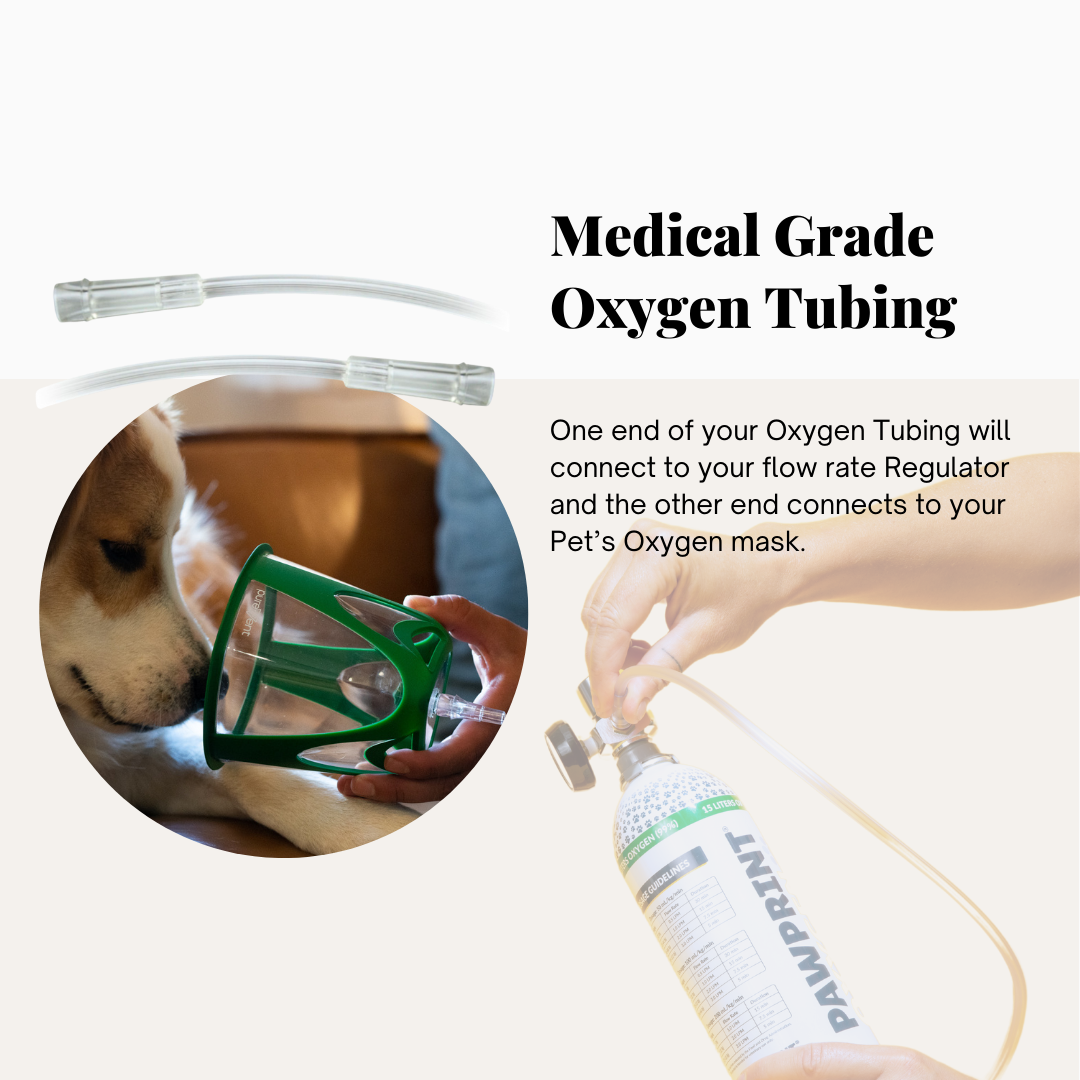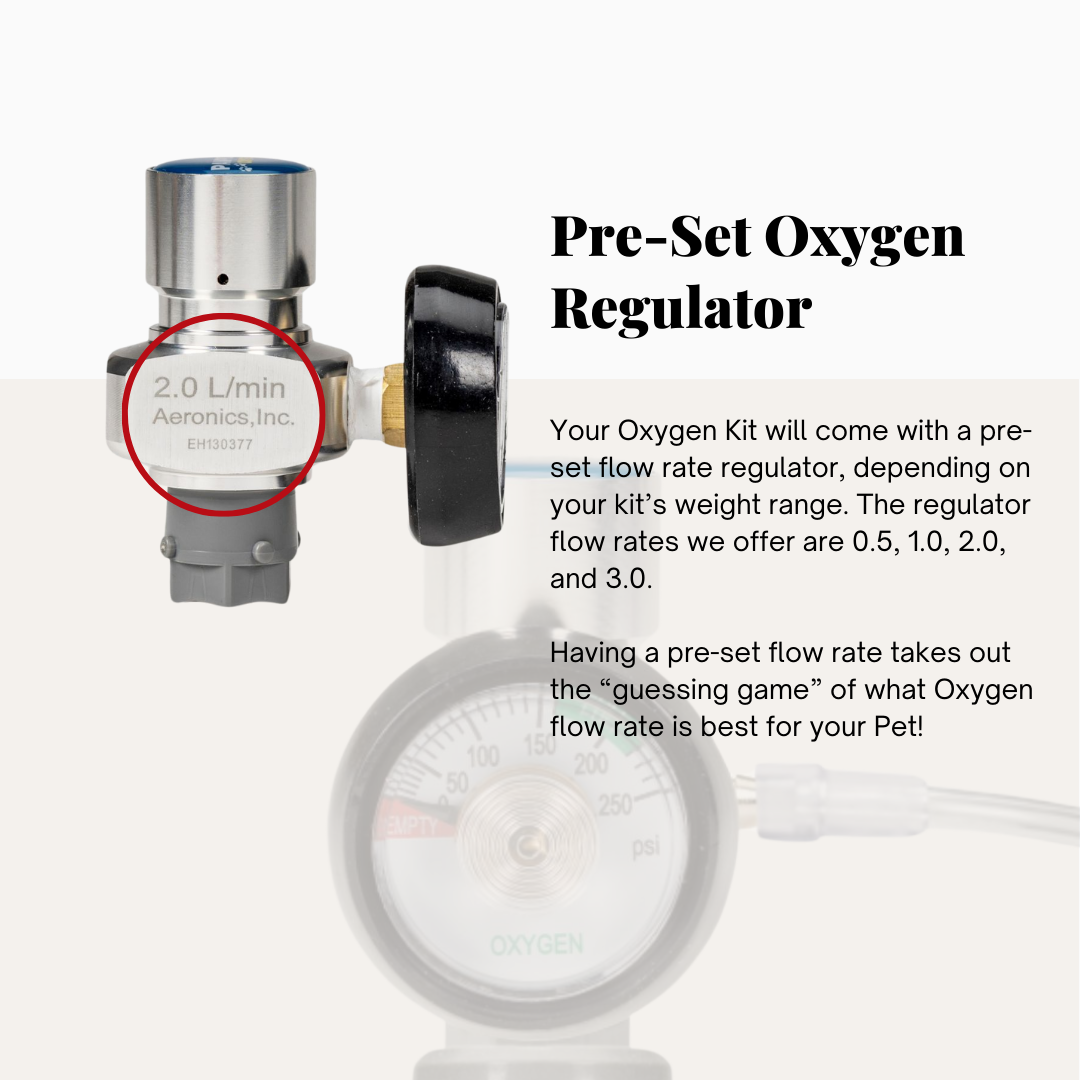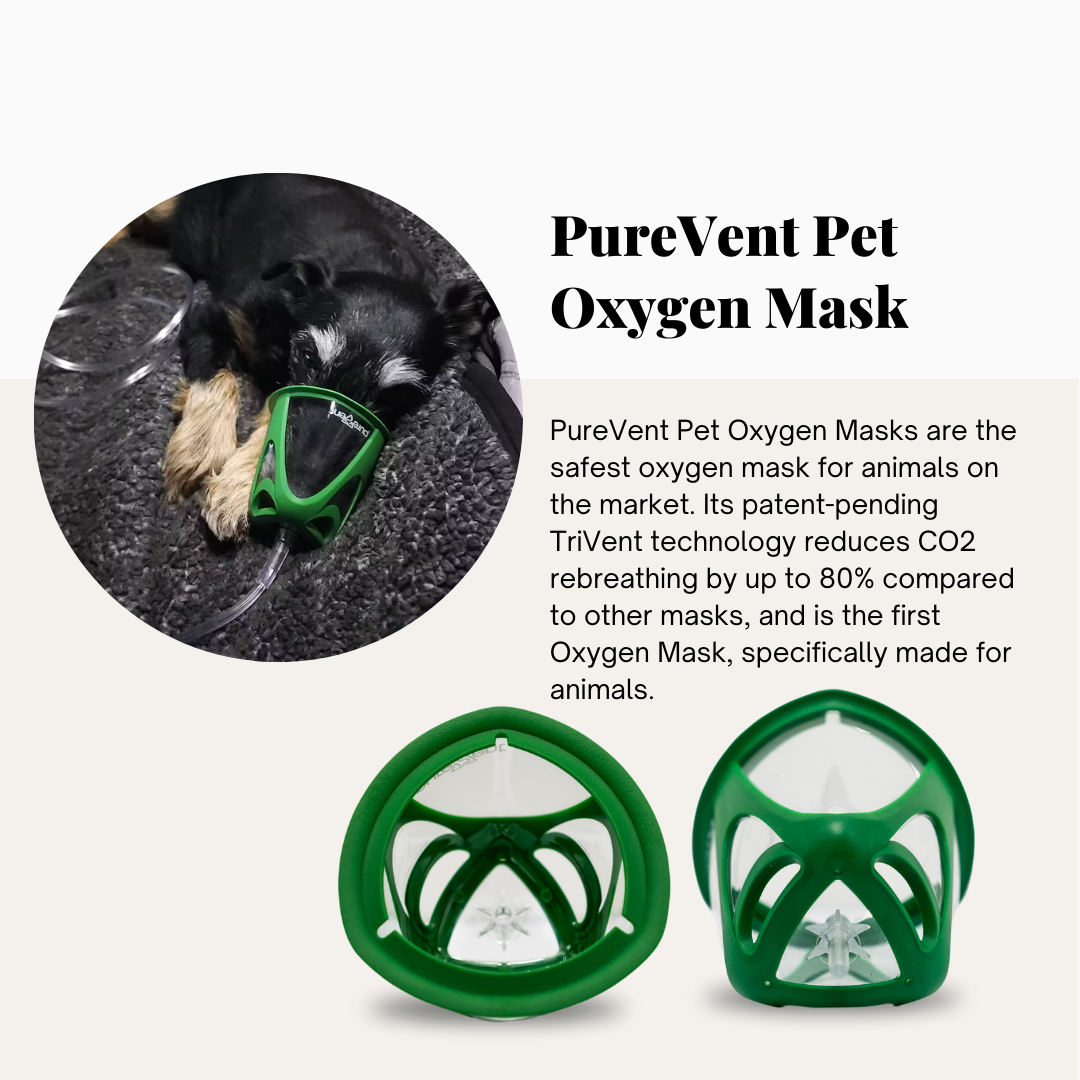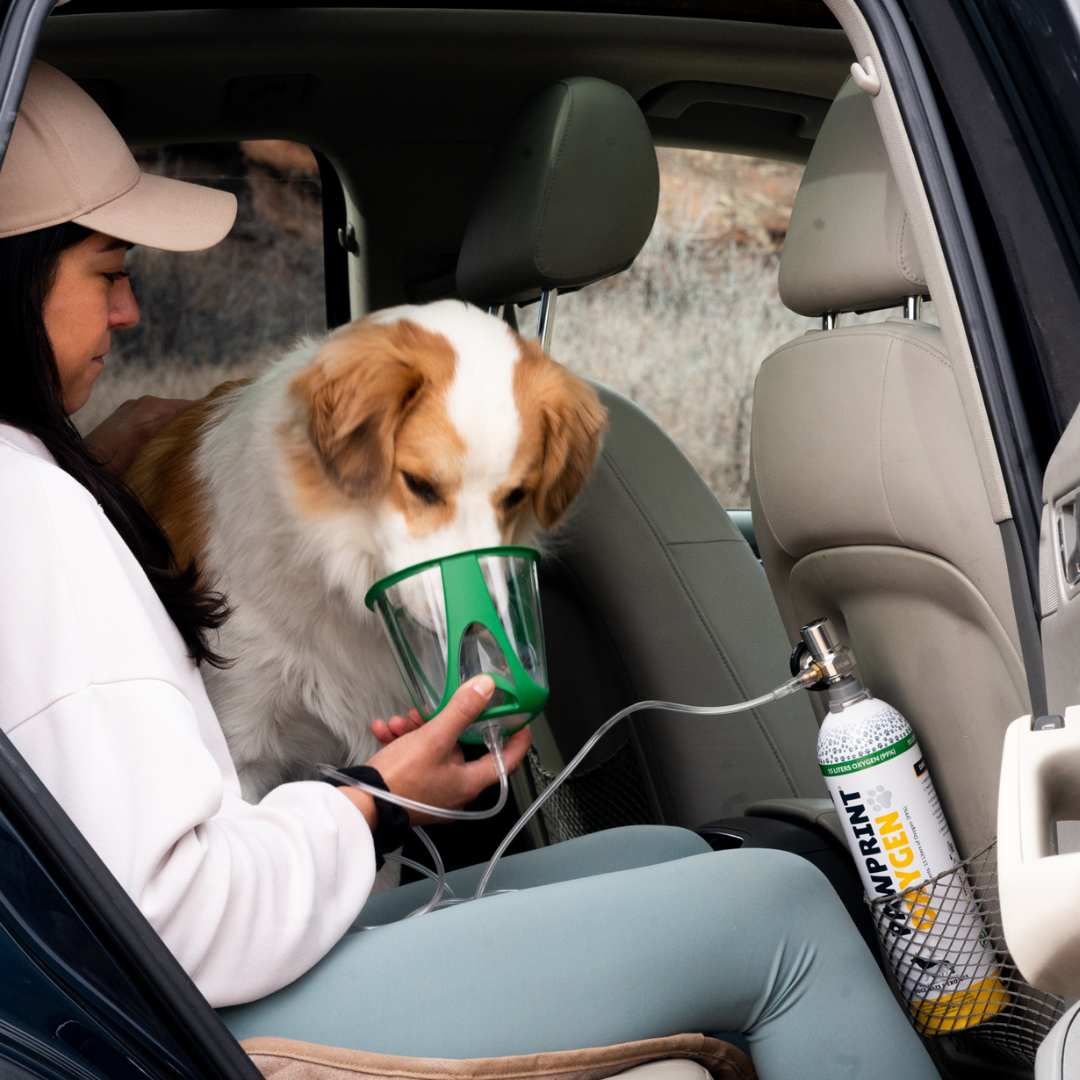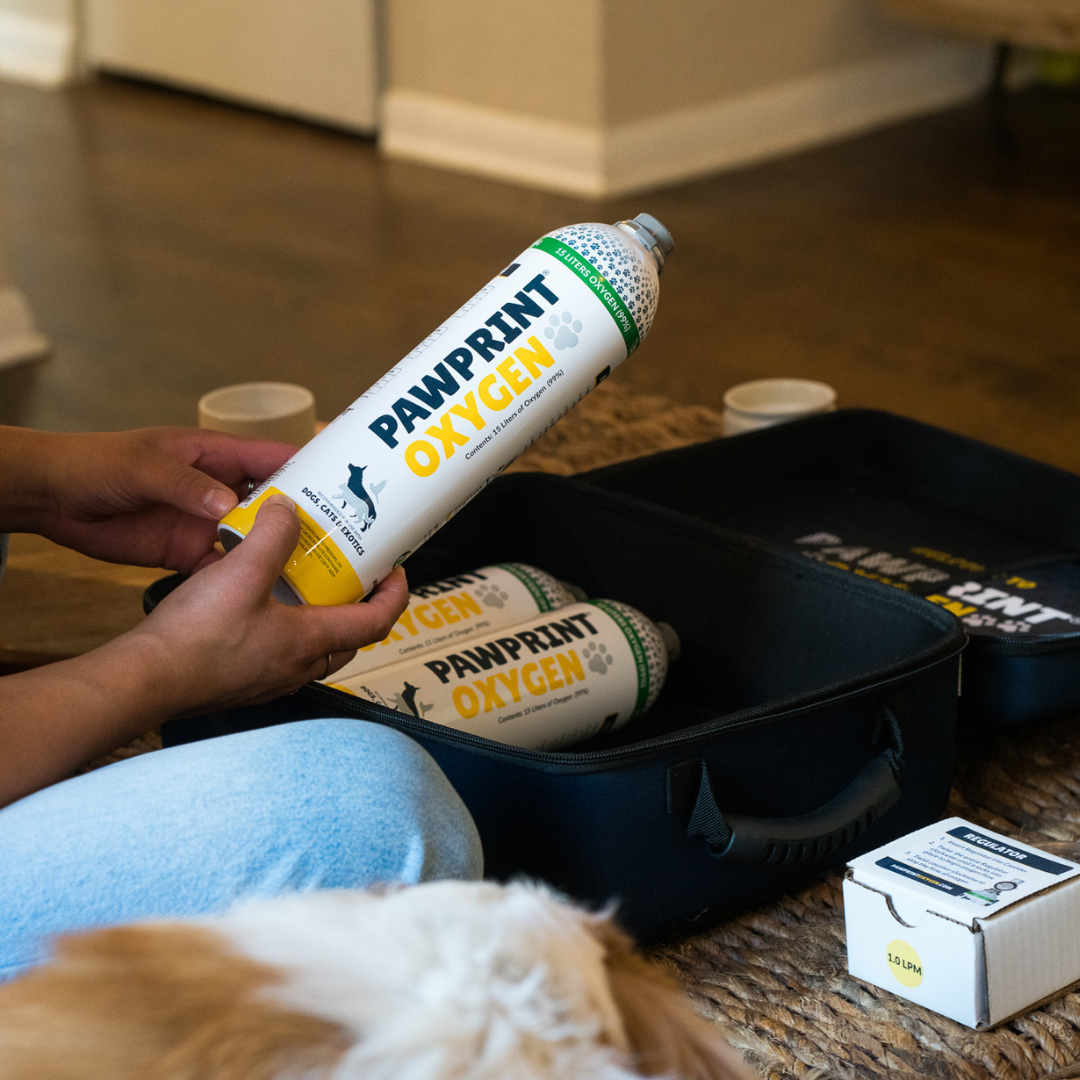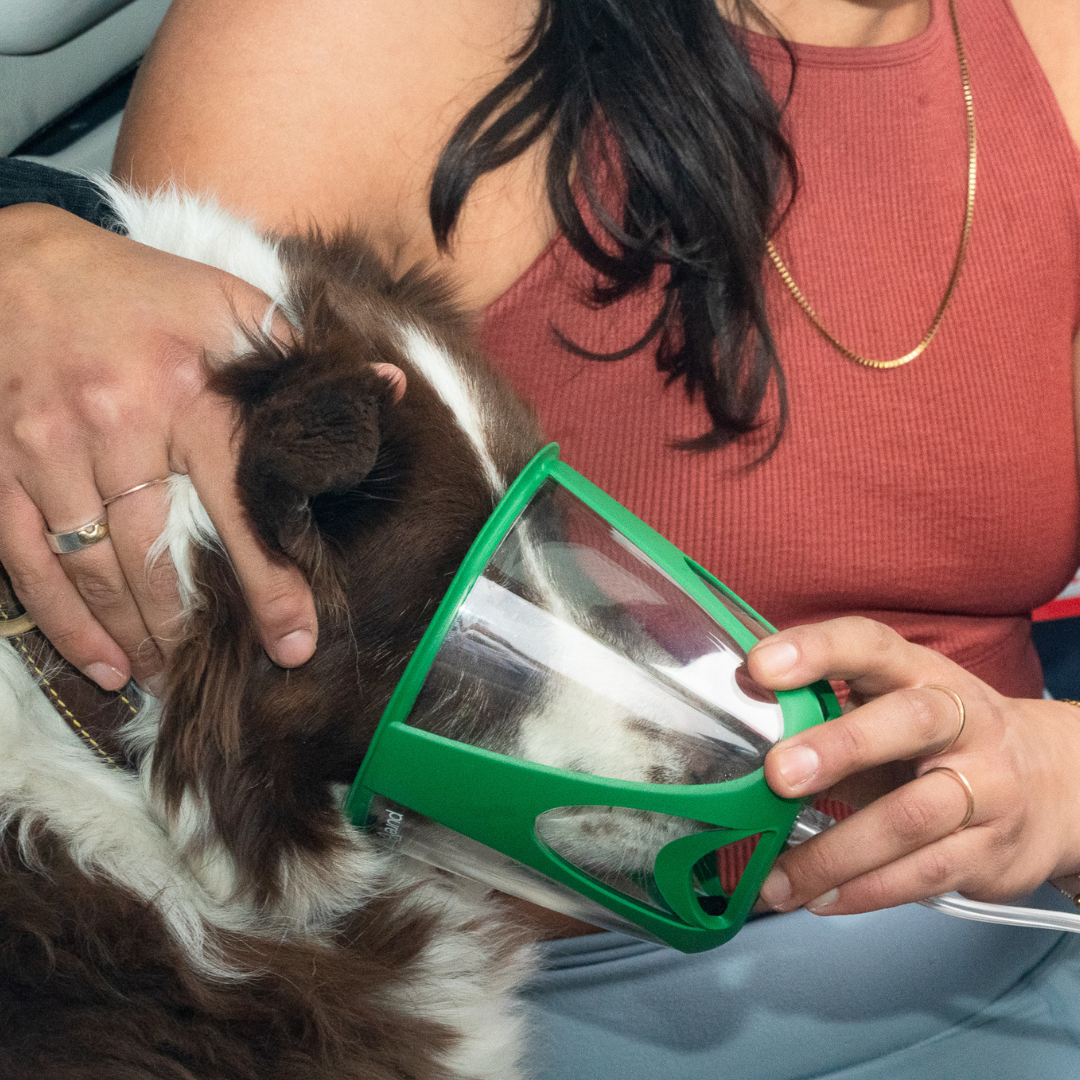What is Collapsing Trachea in Pets?
Tracheal collapse is a condition where the collagen rings that support the trachea are weakened, leading to the flattening or complete collapse of the trachea. The trachea allows air to pass from the lungs outwards, and where new air is brought into the lungs, so any restriction of the trachea can cause breathing difficulties. There is no known cause of tracheal collapse, but it is thought that many small dogs are genetically predisposed to it. Almost 65% of Yorkshire terriers will be diagnosed with the disease.
Symptoms and Signs of Collapsing Trachea in your pet
Common symptoms of tracheal collapse include:
- coughing (dry or “honking”)
- difficulties breathing
- vomiting
- gagging
- retching
- cyanotic episodes (where the pet’s gums or tongue turn blue or purple)
- wheezing
Activities like drinking water, exercise, excitement, barking, very cold or hot temperatures, obesity, pressure on the throat, pollutants in the air, and humidity can all play a factor in how serious the symptoms become.
Diagnosing Tracheal Collapse In Pets
There are 4 Levels of Severity in Collapsing Tracheas
Treatment for collapsing trachea varies depending on the severity of the collapse.
Collapsing trachea severity is broken down into four categories:
Grade 1: The lumen (the opening of the trachea) is reduced by 25%, but the cartilage is normal shaped (not flattened)
Grade 2: The lumen is reduced by 50%, and the cartilage is partially flattened
Grade 3: The lumen is reduced by 75%, and the cartilage is nearly flat
Grade 4: There is no lumen, and the cartilage is completely flat
For mild cases (grades 1 or 2) treatments aim to preserve the airway and keep the patients calm, so that episodes are mild and rare.
Common Treatment Options for Collapsed Trachea
There are a number of medications and treatment options that are commonly prescribed by veterinarians for mild to moderate collapsing trachea. Which medications and treatments will be prescribed are based on your pet’s symptoms and the severity of the condition. Some common medications that are prescribed:
- Antibiotics (e.g., doxycycline, azithromycin)
- Cough suppressants (e.g., Hydrocodone bitartrate)
- Steroids (e.g., prednisone)
- Bronchodilators (e.g., theophylline)
- Sedatives (e.g., acepromazine)
- Supplemental oxygen (e.g., Pawprint Oxygen)
Prognosis of Collapsed Trachea
The “Vicious Cycle” of Tracheal Collapse and the Importance of Supplemental Oxygen
Tracheal collapse episodes are commonly described as a vicious cycle. Once a pet starts to bark or cough or breath heavier than normal, their already narrowed trachea can become irritated and swollen, making breathing even more difficult. As the pet starts having trouble breathing, panic causes them to try to breath harder, which also causes irritation, and the lumen starts to become narrower due to swelling. If the episode continues, there is a chance that the trachea can collapse completely, creating an emergency situation.
During an episode of a dynamic obstruction (tracheal collapse), depending on the specific condition, drugs such as sedatives or bronchodilators coupled with oxygen can break this vicious cycle, returning the pet to their normal breathing.
If it does not end the episode then rescue oxygen can be continued during transport to a veterinary hospital.
Preventing Collapsing Trachea in Your Pet
While there is no way to prevent or cure collapsing trachea in your pet, certain breeds are genetically predisposed to the disease. Knowing if your pet’s breed is susceptible to collapsing trachea may allow you to diagnose the disease earlier, take the appropriate measures to extend the life of your pet, and access medication from your veterinarian sooner, rather than waiting.
Collapsing trachea has a higher prevalence in small-breed and toy-breed dogs, including:
- Yorkshire terriers
- Pugs
- Shih tzu
- Chihuahuas
- Toy Poodles
- Pomeranians
Cats and large dogs can also suffer from collapsing trachea, but it is a more rare diagnosis in these groups.
Maintaining a good quality of life
We all want to maintain the best quality of life for our furry loved ones, no matter their age, breed, and health history. That’s why we schedule them vet visits, update their vaccines, feed them healthy food, and give them ample love and playtime. A diagnosis of tracheal collapse is no exception to this, and pet parents have sought solutions to maintaining a good quality of life for their pets, even in the face of this progressive disease.
The best way to help your pet feel better is to speak with your veterinarian and come up with a treatment plan that works best for your pet. Reducing stress in the home will also help, as excitement and barking can lead to an episode.
The prognosis for a pet diagnosed with collapsing trachea is typically good, as long as the condition is identified early in the development of the disease and the treatment plan prescribed is followed by the pet owner. With these tools in hand, pet owners can ensure their pets live long and happy lives even after diagnosis.
Oxygen Kit for Dogs
Our Oxygen Kits for Dogs are the perfect solution for pet owners who want to be prepared in case of an emergency or want to administer Oxygen to a dog at home with a health condition. Our Oxygen Kits for Dogs are available by your pet’s weight. Keep one on hand at home and another in your car, so you're always prepared in case of an emergency.






